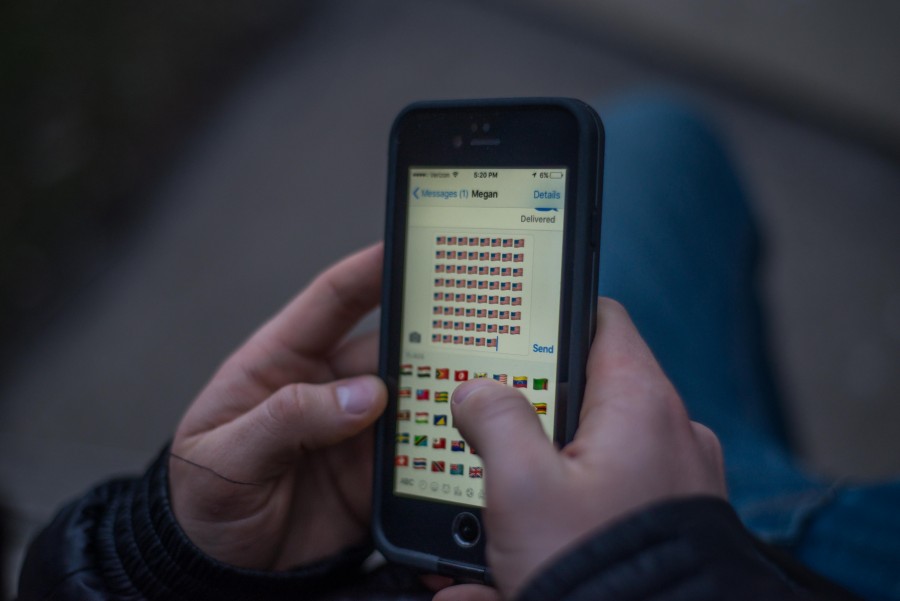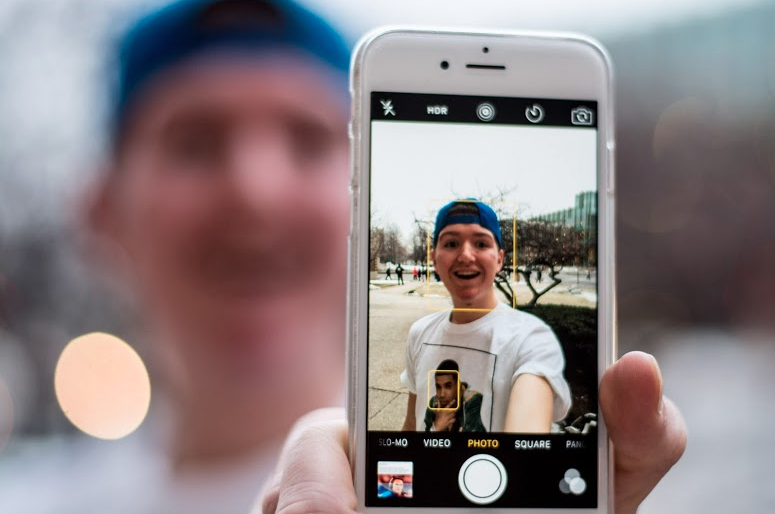In 2013, Time magazine published a cover story titled, “Millennials: The Me Me Me Generation.” Underneath the headline was a picture of a teenage girl holding a cell phone, posed to take a selfie. Most commonly, this is the image attached to the word.
In 2013, the word millennial still had a little bite, but now, three years later, the word has no real applicability. It’s useless.
Colloquial buzzwords travel through pop culture like a tongue twister through a game of telephone, and like in a game of telephone, eventually the words lose all meaning.
Maybe it began innocently, as a generation bracket, but the term millennial has quickly turned into a pejorative geared toward shaming anyone younger than 25, solely for being younger than 25.
Technically, millennials are anybody with a birth year between 1982 and 2004. But when the stuffy 45-year-old Luddite disparages millennials, the slight is directed at us, the teenage and early 20-somethings.
Generational designations can and will be used to pigeonhole and generalize a mass demographic, but assigning the term millennial to anything relating to youth reduces any meaning or value the word once had.
It’s a meme, it’s a joke, it’s a phrase satirical news sites can throw in a headline because they recognize the irony in its contemporary overuse.
The argument is not that age-based research or analysis isn’t useful, because it is. Use the word anthropologically. That’s fine. But when newscasters, editors, talk show hosts and the like add the word to their scripts, they do so to create an emotional response, because while the word was used to describe an age category, it now describes what’s wrong with the world.
Millennials are always on their phones, millennials are narcissistic, millennials are lazy, etc. This ubiquitous rhetoric disregards the truth in exchange for a feeling.
My 12-year-old sister is obsessed with her tablet, and every chance I get, I remind her that the world wasn’t always like this — that kids used to go outside. But what ground have I to be self-righteous?
Older generations will always scapegoat younger generations. But the problem isn’t about the generational divide, it’s about the power we assign language and the responsibility to use it accurately.
People’s understanding of the world is framed by communication, but when the efficacy of that communication falters, how can we expect anyone to gain a shared understanding?
Maybe it’s just that I’m getting older and have been forced to pay closer attention. Maybe the world has always looked like this. But it seems that we are disjointing from one another. Miscommunication has enabled the rise and proliferation of hate speech, bitterness and anger.
None of this is because people think millennials spend too much time online, but this phenomena of misbranding is an accessible example for a much larger problem that’s more difficult to pin down.
If we chose our words and the meanings we assign to them more carefully, with clearer and more precise intent, perhaps we would see less division among us.
I have never agreed with the adage that actions have more power than words. Given recent events, we would all want to reconsider the impact of rhetoric, whether that impact be positive or negative.





